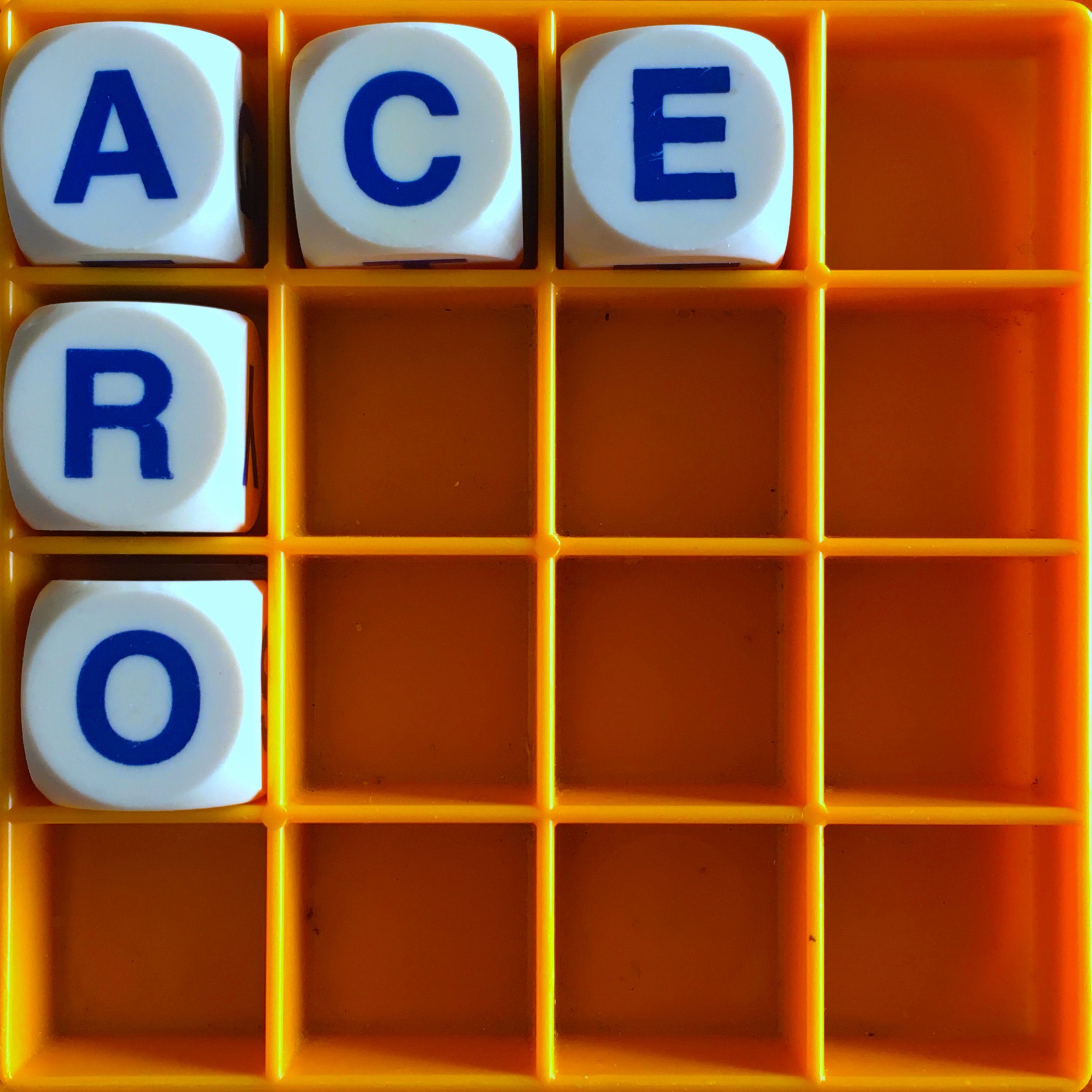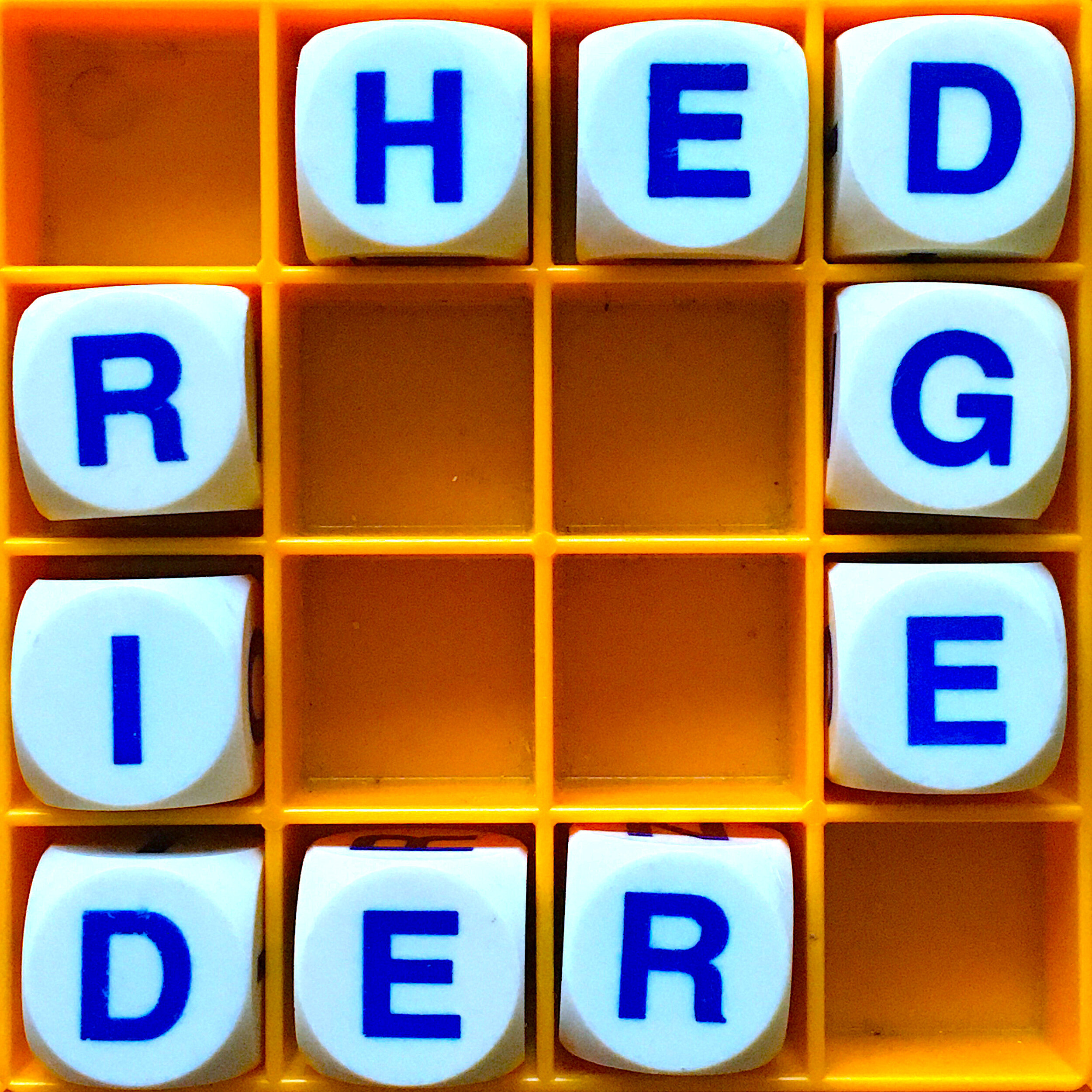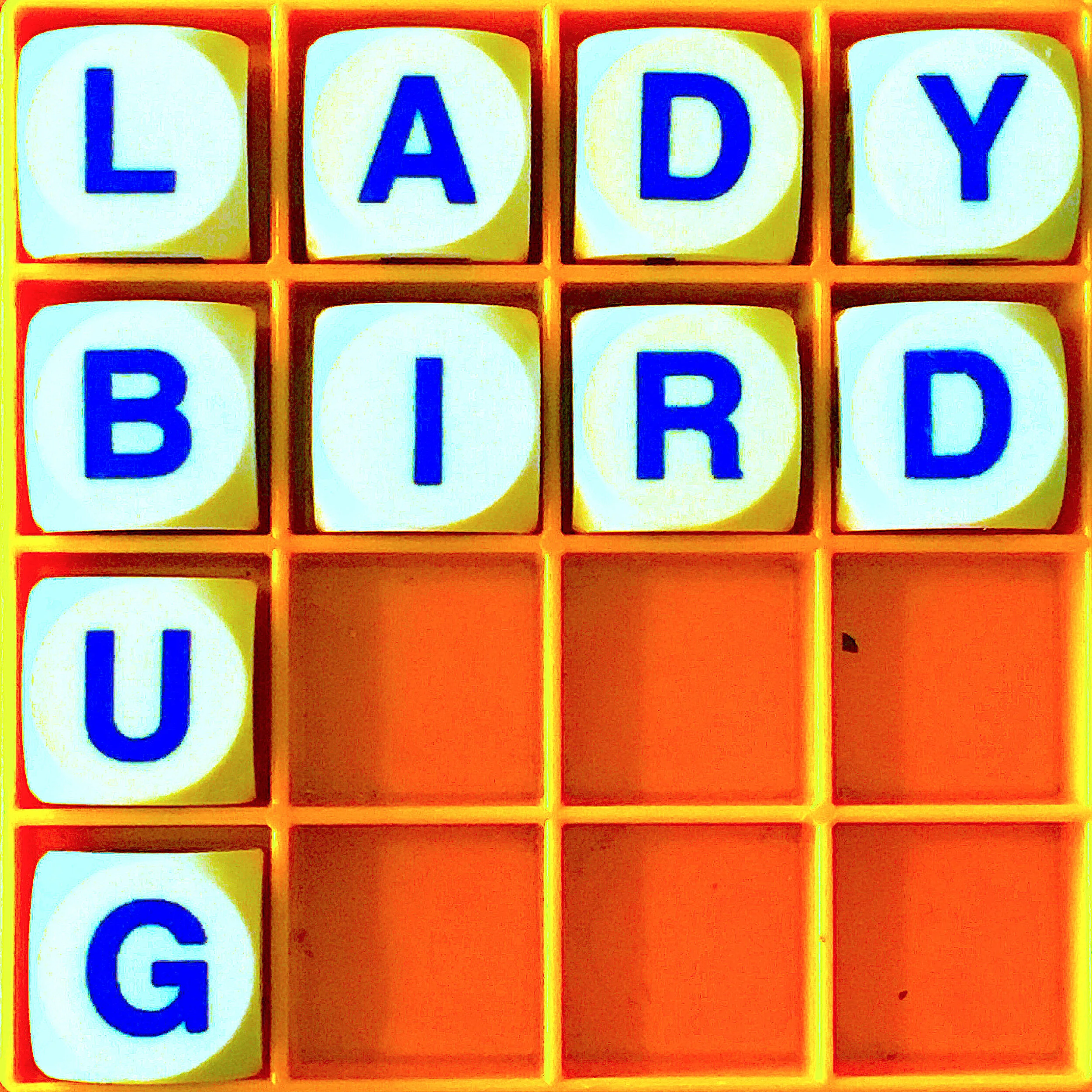"It's really good if we can get the changes through here - that can be an inspiration for other other countries or other places in the world," says Þorbjörg Þorvaldsdóttir, chair of Samtökin ’78, the national queer organization of Iceland. In 2019, Iceland passed the Gender Autonomy Act, which added an option for people to register their official gender as X; with it, the country's strictly binary-gendered naming laws were suddenly transformed. Other changes, like a new genderfree pronoun, are catching on; but overhauling a whole grammatically gendered language is no easy undertaking.
Read moreAllusionist 146. Survival: Today, Tomorrow part 1
The Icelandic language has remained so stable over the centuries, speakers can read manuscripts from 900 years ago without too much trouble. And when they need a new word for more recent concepts, there are committees to coin one, so that the modern Icelandic lexicon includes such things as the internet, helicopters and mansplaining. Defending the language from the encroachment of English, however, is rather more challenging.
Read moreAllusionist 145. Parents
When you're trans and pregnant, some of the vocabulary of pregnancy, birth and parenting might not fit you. In face, some of it might not even work for people of ANY gender. Trans parents Freddy McConnell and CJ talk about gender-additive language, inclusive for women and other genders, and about how in English law, the word 'mother' becomes semantically very complicated indeed.
Read moreAllusionist 144. Aro Ace
The word 'asexual' has been used by humans describing themselves for several decades; 'aromantic' is newer. Both words enable people to voice identities that were unacknowledged for centuries, to find each other and build communities together, and to provide counternarratives to what the allosexuals are pushing.
Read moreAllusionist 143. Hedge Rider
Today it's the etymologies you requested! And a few you didn't! We've got witches, wizards, warlocks; conjurers and cloves; wood shavings, nice gone nasty, and a whole lot more. Plus, a bold method of scaring away a ghost, if you must.
Read moreAllusionist 142. Zero
Allusionist 141. Food Quiz
Quiz time! Samin Nosrat and Hrishikesh Hirway of Home Cooking podcast join to deliver questions about food etymology, as well as what are the two words that make a dance track, and whether 'za' is an acceptable abbreviation for 'pizza'.
Play along and keep track of your score using the interactive scoresheet further down this post.
Read moreAllusionist 140. Num8er5
We use verbal numbers and we use numerals - why do we need both? Why do we have the ones we have? What happened to Roman numerals? And what's loserish about the fiftieth Super Bowl?
Stephen Chrisomalis, professor of anthropology and linguistics and author of the book Reckonings: Numerals, Cognition and History, returns to the Allusionist to explain our current numbers, and why we shouldn't get too arrogant about them.
Read moreAllusionist 139. Ladybird Ladybug
They're not ladies and they're not birds; they're not even technically bugs! But that's not the most surprising thing about ladybirds/ladybugs and their brilliant variety of names.
Read moreAllusionist 138. Mind My Mind
Crazy, insane, nuts, mad, bonkers, psycho, schizo, OCD - casual vocabulary is strewn with mental health terms, but perhaps shouldn't be? Psychotherapist and podcaster Lily Sloane talks about what we're really saying when we use such words.
Read more









